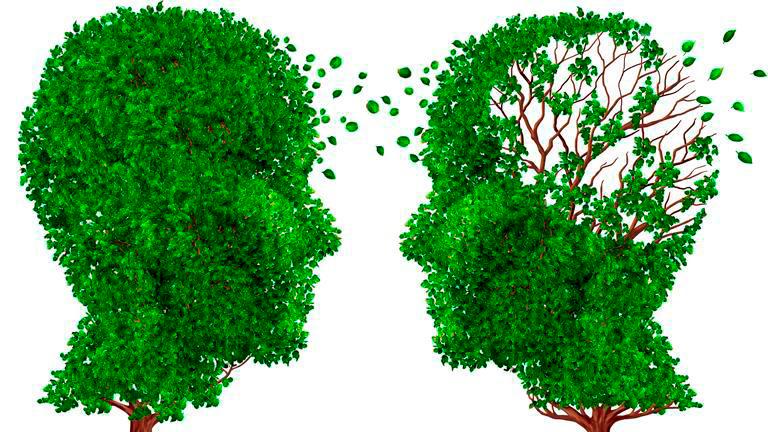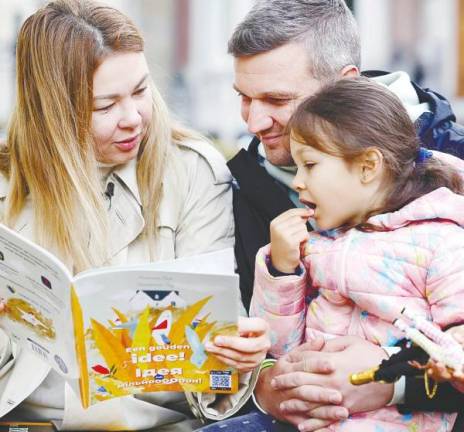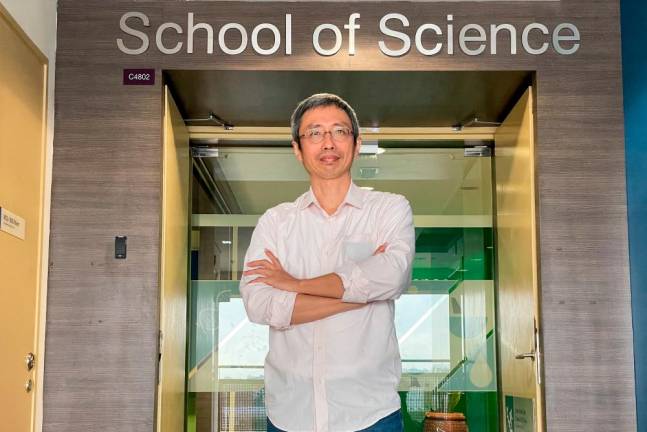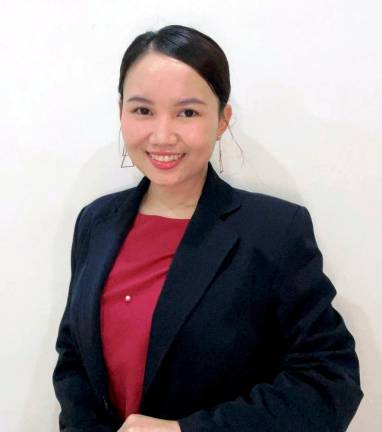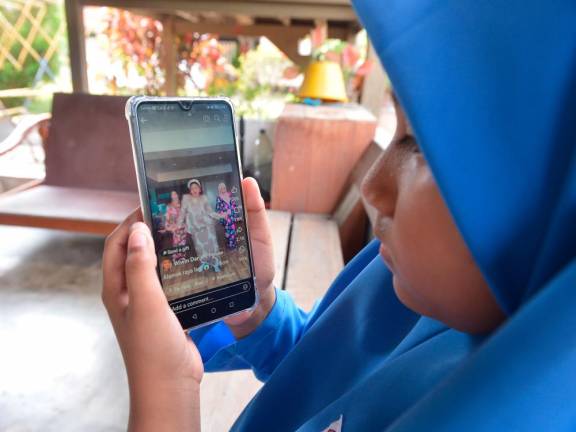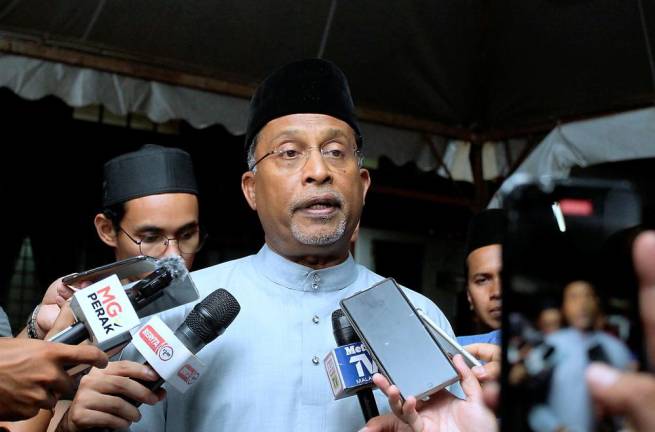PETALING JAYA: The Davos Alzheimer’s Collaborative (DAC) yesterday announced four major Malaysian research programmes that have agreed to be part of the DAC Global Cohort Development program, a groundbreaking data platform to accelerate the discovery, assessment, and delivery of precision interventions for Alzheimer’s Disease.
The following Malaysian research programmes will participate and have access to the global data platform.
AGELESS – Transforming Cognitive Frailty into Later-Life Self-Sufficiency led by Professor Tan Maw Pin, University of Malaysia.
• A national research study which utilizes and builds on data from MELoR, TUA and PEACE to develop strategies for early detection, prevention, and management of cognitive frailty.
Malaysian Elders Longitudinal Research (MELOR) led by Professor Tan Maw Pin.
• A national research study conducted by University of Malaya to gain insight into the present issues that our elderly population face so the government and relevant agencies can plan for a better future for our elderly community.
LRGS TUA Neuroprotective Model for Healthy Longevity among Malaysian Older Adults, led by Professor Suzana Shahar, National University of Malaysia.
• A five-year cohort of Malaysian older adults aiming to investigate the magnitude of cognitive decline and its risk factors through a comprehensive multidimensional assessment comprising of biophysical health, auditory and visual function, nutrition and dietary pattern and psychosocial aspects.
Preventive Elder Abuse and negleCt Initiative (PEACE) led by Professor Noran Naqiah Mohd Hairi, University of Malaysia.
• The study aims at gathering data and evidence to estimate the prevalence and incidence of elder mistreatment, identify its individual, familial, and social determinants, and quantify its health consequences. PEACE also focuses on protecting elder rights, empowering the community to be actively engaged in elderly issues, and refining our Malaysian law to address existing gaps.
The Global Cohort Development platform will help drive scientific discovery by providing researchers access to an extensive, truly international platform populated with brain related health data from broad and diverse populations.
It will support AI and machine learning with organized and aggregated data collected from digital devices through research labs, hospitals and even people’s own smartphones. This data resource will help determine the causes, predispositions, and habits for people who develop Alzheimer’s Disease. It may also inform drug discovery and clinical care at a more rapid pace.
Current estimates suggest that 8.5% of Malaysians aged over 60 years have dementia, yielding an estimated dementia population of 260,345.
“Collaboration and inclusion are essential elements for defeating Alzheimer’s Disease,” said Dr Rhoda Au, Director of the Global Cohort Development at DAC.
“Working in silos with limited representation of participants from across the world is not producing results, either comprehensively enough or fast enough.
“Past studies have skewed results because of the exclusion of low- and middle- income resourced areas and/or countries. We believe the important work and scientific data from the Malaysian research programs will further advance our understanding of Alzheimer’s disease.”
The Global Cohort Development combines the best of science – collaboration, creative thinking, and discovery. Other interested researchers with cohorts that share these objectives are encouraged to apply. Because of the synergistic nature of this work, cohorts with limited resources are put on similar footing with the large research organizations. Supporters are finding this program a cost-effective way to influence the big, new ideas necessary to stem the tide of AD.
Initiated in Davos, Switzerland, during the World Economic Forum’s Annual Meeting in 2020, The Davos Alzheimer’s Collaborative is a public-private partnership committed to aligning stakeholders with a new vision for our collective global response against the challenges Alzheimer’s presents to patients, caregivers, and healthcare infrastructures.
Led by The World Economic Forum (WEF) and The Global CEO Initiative on Alzheimer’s Disease (CEOi) and fueled by a mission of service to the 150 million families and half a billion people inevitably impacted by this disease by 2050, DAC is a collaborative for the benefit of all people, in all places.



